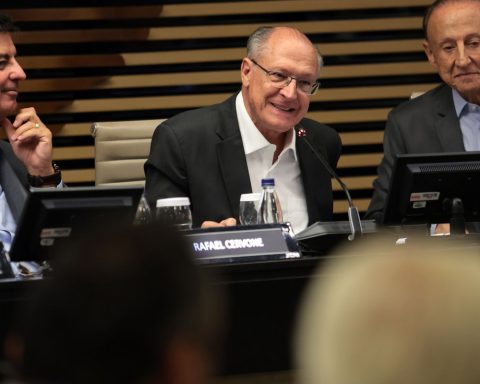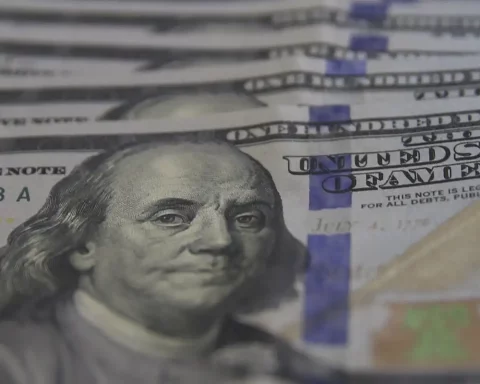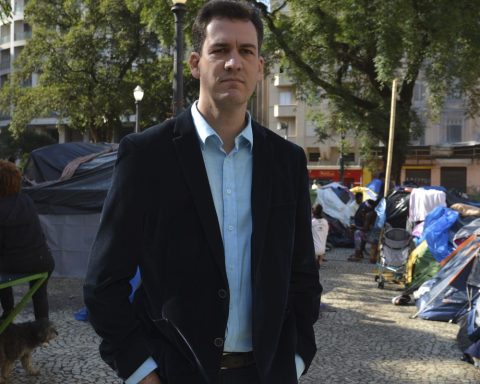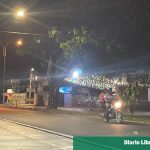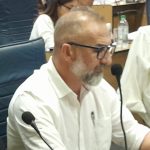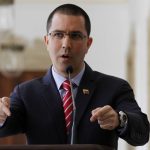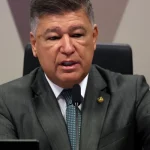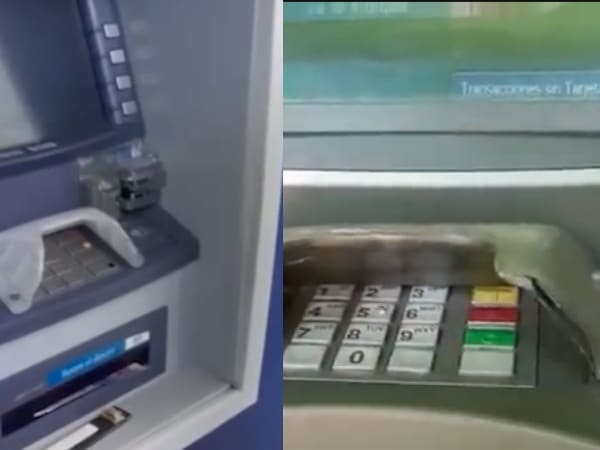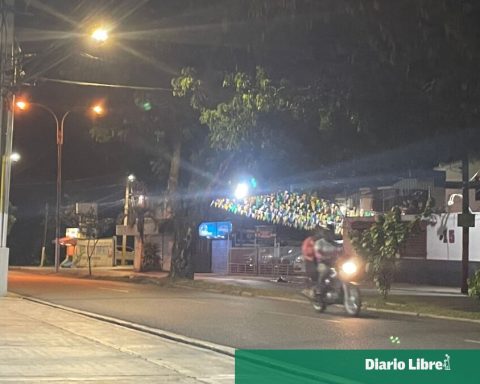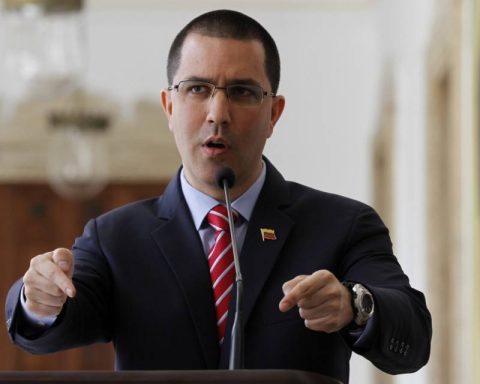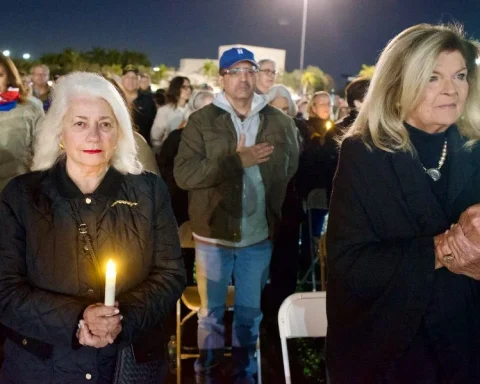The Amnesty Commission took an important step towards repairing some of the historical violations that the Kaiowá indigenous people, from the Sucurui´y Indigenous Land, located in Mato Grosso do Sul, have suffered for five centuries.
The board approved, this Thursday (25), an apology to the community on behalf of the Brazilian State. The plea is the official recognition that, between the 1980s and 1990s, with the connivance of the Brazilian State, the Kaiowá of the Sucurui’y Indigenous Land were targets of persecution and violence.
The commission also approved the request for collective political amnesty for the Kaiowá of Sucuru’y, acknowledging that the community was affected by exceptional acts resulting from exclusively political motivations. Since it is a collective request, political amnesty, with the character of constitutional reparation, does not involve economic compensation – unlike individual cases.
As established by the Law 10.559of 2002, those who, between September 18, 1946 and October 5, 1988, were harmed by institutional, complementary or exceptional acts, as well as those who were punished or persecuted for exclusively political reasons, may be declared political amnesties.
“We hope that, in this session, in relation to this Kaiowá community, there will begin to be some reparation from the Brazilian state,” said the president of the commission, Enéa de Stutz e Almeida, during the third session of trials of collective amnesty requests held by the collegiate, an autonomous advisory body of the Ministry of Human Rights and Citizenship.
“Once again, we place ourselves at the disposal of Funai [Fundação Nacional dos Povos Indígenas] and the Ministry of Indigenous Peoples [MPI] for everything in which we can collaborate in the struggle of indigenous peoples – which is centuries old – in order to [conquistarem] “I want to ask for better living conditions and reparations for more than five centuries of human rights violations,” Enéa added before asking the community for forgiveness, kneeling before the Kaiowá representatives. “On behalf of the Brazilian State, I want to ask for forgiveness, for the centuries of violations of your bodies and your lands, and for so much persecution, barbarity and suffering. And I want to thank you for your resistance, paying homage to your ancestors.”
Present at the session, the president of Funai, Joênia Wapichana, described the case of the Kaiowá people of the Sucurui´y Indigenous Land as “very emblematic”. “This is just one of the cases of violence and violations of the rights of indigenous peoples and it is important for people to know about these cases that, often, society has not been allowed to become aware of”.
One of the leaders of the Kaiowá community present at the session, Jety Jagar Guasu, recalled events he claimed to have witnessed as a child, at a time when agriculture was expanding in the Central-West Region. With the help of an interpreter, Jety said that rural producers already established in the state, as well as those who arrived from other parts of the country, attracted by public incentives, had the support of local authorities.
“I now remember images of farmers advancing on our fields, driving tractors and throwing agricultural implements without asking us if we wanted them or not, if that was our territory. And then more and more farmers arrived until one day they ordered us to leave our territory, which would become theirs. We began to feel afraid when they threatened to burn down our houses, our house of worship and destroy everything related to our traditions. When we realized that we had no choice, we had to leave our territory and camp on the side of the highway, from where we were also expelled by the police,” said the indigenous leader.
Historic
Located in the city of Maracaju (MS), the Sucurui´y Indigenous Land has already been named as a “symbol of the absurd” by the Indigenous Missionary Council (Cimi), an organization linked to the National Conference of Bishops of Brazil (CNBB). It is an example of the struggle of indigenous peoples to reclaim part of their original territories, mainly in the center-west of the country.
Funai recognized and delimited the area in 1996, allocating approximately 533 hectares for the exclusive use of the Kaiowá. Each hectare corresponds approximately to the size of an official soccer field. The declaratory decree recognizing the territorial rights of the Kaiowá was signed in 1996. Despite this, rural producers and the city government appealed the decision, preventing the indigenous people from returning immediately to the area, thus forcing them to remain camped on the side of nearby roads.
As a way of pressuring public authorities to remove non-indigenous people from the area and complete the demarcation process, an indigenous group occupied part of the reserve in 1997. The Federal Public Ministry (MPF) had to intervene to ensure that the Kaiowá could occupy only 65 hectares of the total area. In 1999, the reserve was approved by then President Fernando Henrique Cardoso. In the same year, the Federal Regional Court of the 3rd Region unanimously rejected the appeal that attempted to prevent the Kaiowá from settling in the area, maintaining a previous court decision ordering the clearing of Sucurui’y.
“From there, it’s about protecting [a área e a comunidade]. Because the rights of indigenous peoples do not end with the completion of demarcation procedures, which, yes, establish territorial limits so that the Brazilian State can include in its planning the exercise of other rights, such as sustainable development programs.”
The request for forgiveness from the Kaiowá Indians follows the plea of the same nature made in April of this year to the Krenak Indiansfrom eastern Minas Gerais, and the Guarani Kaiowá, from Mato Grosso do Sul, for serious violations of the rights of indigenous communities committed mainly during the military regime (1964/1985).


